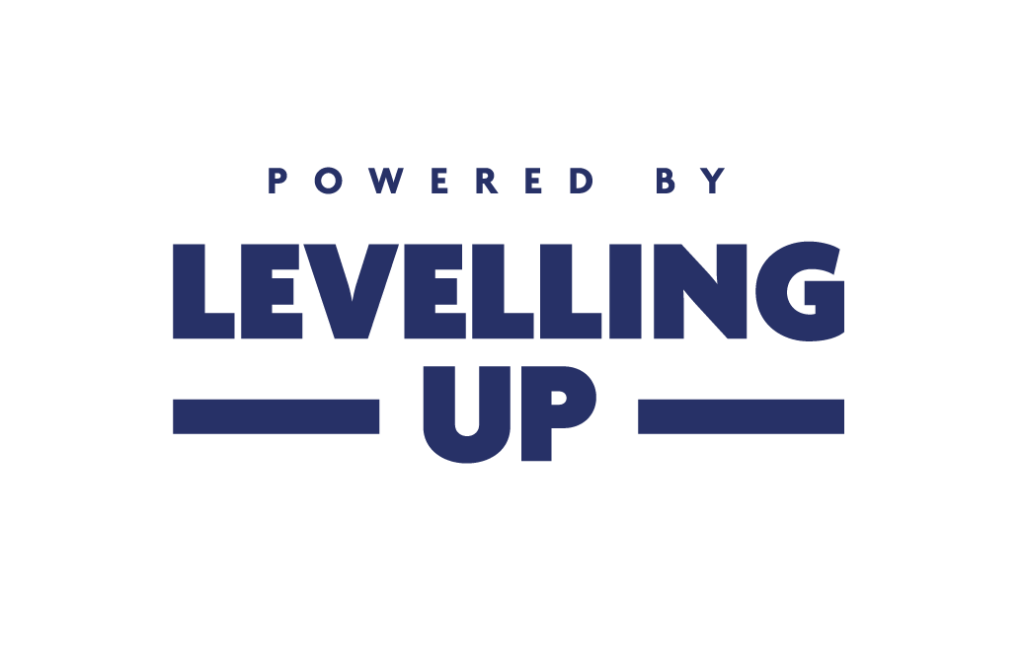Training Opportunities






Getting your head around finance
If you’d like to feel more confident around Finance, this will do the trick. In this interactive and fun day, charity consultant Adrian Ashton will cover:
• reading accounts – understanding the story they tell
• book-keeping basics
• forecasting
• essential processes and policies for charities
The cost is £25 for LDCVS members and £50 for non-members.
Finance is something that most charities struggle to get to grips with, but not being able to do so can limit access to funding and limit their impact and benefit to their communities.
In this day of training, Adrian will use quizzes, worked examples, templates, and ‘live accounting’ to help you:
- better understand what makes finance in charities different from any other type of organisation, and the implications for this in how it is approached
- understand the concepts of bookkeeping, and how having a regular practice of ‘doing it’ can help make better decisions in a charity
- feel more confident and able to ‘read’ the story that a set of end-of-year accounts is presenting and telling (both for themselves, and in how a funding body would understand them);
- be able to start to more confidently and accurately create budgets to support future funding bids, and well as manage the overall charity for the coming year(s)
- explore a wide range of options and ideas for how charities can increase the number of ways in which they raise income in the future
- identify practices and systems that will help strengthen and enhance how they currently manage finance in their charity, so that it can be done with more confidence and impact
Mental health first aid
Mental health first aid (MHFA) is an internationally recognised two-day training course which teaches people how to spot the signs and symptoms of mental ill health and provide help on a first aid basis. MHFA England training will teach you the best way to listen, reassure and respond, even in a crisis. Learning takes place through a mix of group activities, presentations and discussions.
The course normally costs up to £300, but in this case is fully funded by Lancashire County Council Public Health and is free. However, delegates must pay a £50 deposit (plus £2.65 covering ticketing and payment fees charged by our suppliers) at the time of booking. Your £50 deposit will be repaid on completion of both full days.
At the end of the training, participants will have:
- a deeper understanding of mental health and the factors that can affect people’s wellbeing, including your own
- practical skills to spot the triggers and signs of mental health issues
- confidence to step in, reassure and support a person in distress
- enhanced interpersonal skills such as non-judgemental listening
- knowledge to help someone recover their health by guiding them to appropriate support
Emergency First Aid at Work (level 3)
This one-day accredited course will teach you how to provide first aid in a range of emergency first aid situations. It will enable you to act as an appointed person, take charge of the First Aid arrangements, including looking after the equipment, calling for the Emergency Services and confidently dealing with specific first aid situations. It is also ideal for people who have a specific responsibility to provide basic first aid in voluntary and community activities. Learners will complete practical assessments and a final multiple-choice theory paper to demonstrate competency, knowledge and skills in emergency first aid.
The course will cover:
- Adult resuscitation (CPR)*
- Burns and scalds
- Choking adult
- Communication and casualty care
- Defibrillator prompts and how to respond (theory based)
- Defibrillator pad placement (theory based)
- Minor and severe bleeding
- Role of the first aider (including knowledge of health and safety regulations)
- Seizures
- Shock
- Unresponsive adult
The course costs £47.
Communicating your impact
Measuring the impact of your organisation not only helps you identify what’s working well and what needs to be improved, but is also essential when making funding bids, and when proving your value to existing funders.
Measuring impact can help ensure that the voluntary sector’s contribution to the economy is recognized and included in economic growth strategies.
Outcomes
This training programme will explain the business case for embedding impact measurement (the “why”); provide the theory behind the practice (the “what”) and share some very practical tools for getting started (the “how”).
By attending this training participants will develop:
- their understanding of impact measurement and the business case for it
- an outline theory of change setting out your activities and impact for stakeholders, funders, and partners
- an initial impact measurement framework that works for participants and their organisations.
The trainers: Insights 2 Impact
The team behind Insights 2 Impact are Sue Osborne and Sean Gladwin, two leaders, facilitators and evaluators with a combined 50+ years experience in the VCFSE and public sectors, and 30+ of evaluation experience.
The concept of the Insights 2 Impact approach is to ensure that participants leave a training session with theoretical knowledge and a practical understanding of the subject matter, ensuring that they can take the learning back to embed within their organisation.
Participants will have the opportunity to work in groups and learn from their peers, as well as having the opportunity to ask Sue and Sean questions.
The cost is £25 for LDCVS members and £40 for non-members.
